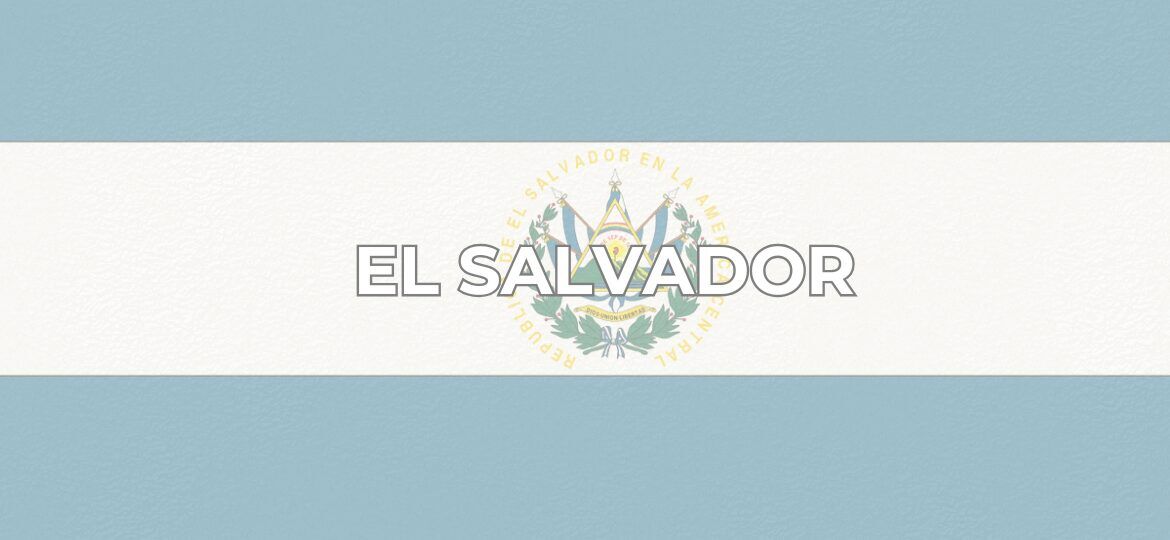
El Salvador is facing mounting criticism from human rights groups following a series of arbitrary arrests and acts of judicial harassment targeting prominent civil society leaders. Two recent cases—the detention of lawyer and anti-corruption advocate Ruth Eleonora López, and the imprisonment of community leader Fidel Zavala—have raised red flags about the country’s deepening democratic backslide under the prolonged “state of exception” declared by President Nayib Bukele in 2022.
On May 18, 2025, Ruth López, a leading legal voice at the NGO Cristosal, was arrested in San Salvador on charges of embezzlement and illicit enrichment allegedly committed during her previous government service. The arrest came after years of outspoken work against government corruption, arbitrary detentions, and legislative overreach. López was held without external contacts for over 40 hours following her arrest, and a court has since ordered six months of pre-trial detention behind closed doors—circumventing public scrutiny and fair trial guarantees. Her legal team and dozens of local and international organizations have condemned the arrest as politically motivated, designed to silence one of the most vocal critics of the Bukele administration.
The government’s actions have provoked significant internal dissent. The official Human Rights Commissioner of El Salvador resigned in protest, describing the arrest as incompatible with the principles of democratic governance. Over 100 civil society organizations have demanded López’s release and urged the government to respect the rule of law.
On April 11, 2025, Fidel Zavala, another civil society figure, was summoned to a hearing at the Third Criminal Court of San Salvador for the reopening of his trial. As a spokesperson for the community organization UNIDEHC, Zavala had filed formal complaints in 2024 detailing torture, corruption, and extrajudicial killings in two prisons—Mariona and Santa Ana—implicating high-level officials. Shortly after making these accusations public, he was arrested during a police raid on his home and office.
Authorities charged Zavala with crimes including fraud, unauthorized legal practice, and alleged gang association. He has since been transferred to one of the very prisons where he previously reported abuses, placing him at serious risk.
These cases are not isolated incidents but part of a broader trend. Since the onset of El Salvador’s “state of exception,” more than 84,000 people have been detained, often without due process or access to legal defense. The use of secretive proceedings, prolonged pre-trial detention, and criminal charges against activists and lawyers suggests an intentional strategy to intimidate and dismantle civil society.
The persecution of Ruth López and Fidel Zavala serves as a warning: dissent in El Salvador increasingly comes at a high cost. International observers and human rights organizations continue to call for accountability, transparency, and the urgent release of those detained for defending fundamental rights.
El Salvador ranks 135 out to 180 in RSF 2025 World Press Freedom Index.


